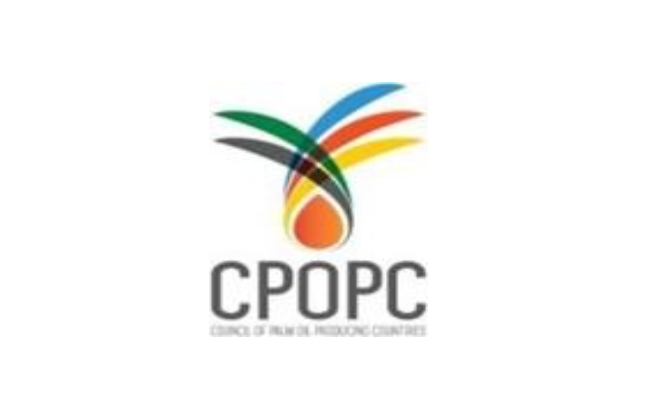
Growing economy, increasing per capita income, and evolving lifestyle indicate that edible oil consumption will significantly increase in the coming years in Bangladesh, and palm oil imports are also expected to grow multi-fold to meet the incessantly increasing demand in the country.
In 2021, import of palm oil was nearly double the import of soybean oil. The main sources were Indonesia and Malaysia Palm oil and is currently the highest consumed edible oil in Bangladesh and at the same time the country is one of the largest importers of palm oil in the world.
The insights were presented at a webinar on the theme, ‘Palm Oil and Future Market Trends in Bangladesh’, organised by the Council of Palm Oil Producing Countries (CPOPC) yesterday to deliberate upon the current and ongoing trends in the import and consumption of palm oil in Bangladesh.
Eminent industry experts, Tariq Ahmed, Senior Director, TK Group of Industries, Bangladesh, A. K. M. Fakhrul Alam, Former Regional Manager, Bangladesh & Nepal, Malaysian Palm Oil Council (MPOC) and Dr. Sachnaz Desta Oktarina, Researcher, Indonesian Oil Palm Research Institute, Socio Techno Economy Research Group, discussed the benefits of sustainable palm oil consumption over other edible oils including its role in meeting the vital SDG goals and the nutritional values that it possesses. Tan Sri Datuk Dr. Yusof Basiron, CPOPC’s Executive Director and Dupito D. Simamora, Deputy Executive Director, CPOPC gave remarks and shared perspectives.
In his opening address, Tan Sri Datuk Dr. Yusof Basiron emphasized on Bangladesh’s role as the largest importer of palm oil in the global economic scene and said, “With the collective efforts of major producer countries, Malaysia and Indonesia, stringent schemes like Indonesian Sustainable Palm Oil (ISPO) and Malaysian Sustainable Palm Oil (MSPO) are enacted to ensure sustainability in palm oil industry. While other edible oil crops are struggling with the fulfilment of this responsibility, palm oil contributes to at least 11 of the 17 Sustainable Development Goals.”
While presenting an overview of the country’s edible oil consumption trends and requirements, Tariq Ahmed said, “Despite the global pandemic, palm oil possesses the majority chunk of the edible oil market in Bangladesh. Palm oil is extensively used for cooking purposes across Bangladesh and consumers are aware of its health benefits. Even though there have been some challenges faced by palm oil during the pandemic times, however, the producing nations in Indonesia and Malaysia must look at harnessing the potential of the market.”
Fakhrul Alam said that palm oil is going to continue to be used in multiple consumer groups in hospitality, food processing industries and general households. “Rapid urbanization and growth in GDP are enabling the general public and various industries with better purchasing power to include better quality food including sustainable palm as an integral part of their daily lives,” he added.
Representing the perspective of producing nation, Indonesia, Dr. Sachnaz Desta Oktarina said, “Enhancing palm oil production can be done through smallholders replanting program. It supports palm oil as the net remover of CO2 and contributes to attain the Net Zero Emissions globally. This is another significant commitment of palm oil industry to global sustainability. Various other measures like using environment-friendly fertilizers, performing certified agro practices, diversification of crops, and agroforestry are also ensuring that the sustainability aspect is further strengthened.”
Dupito Simamora concluded the webinar by saying, “It is very clear that palm oil is still leading the market in Bangladesh and way ahead in sustainability schemes and practices compared with other oils. Based on the important inputs from our main speakers it is necessary to draft concrete actionable recommendations for CPOPC. To retain the market share, it requires more efforts to advocate the advantages of palm oil in more targeted and effective ways.”
Yash Kansal, Deputy Managing Director (India), APCO Worldwide moderated the webinar.


